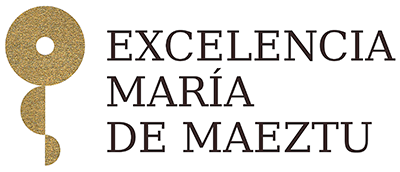This paper establishes that shocks in economic incentives determine the evolution of institutional settings and the cultural environment. We do so by showing how economic incentives shaped the institution of slavery in the Antebellum Southern USA. We first propose a theory that links the comparative advantage in the production of different crop to the efficient use of slave labor and free labor. Using data on land suitability of different crops and changes in the quantity and quality of available land due to westward expansion, we predict the alteration over time of the relative profitability between slavery and free labor in a given county. We then show that these economic conditions locally affected the number of slaves put to use, the moral attitudes towards slavery and the political support for this institution.
Michele Rosenberg
Award for Best project at IEOA 2018
